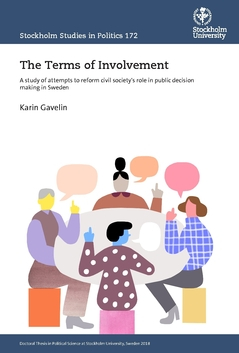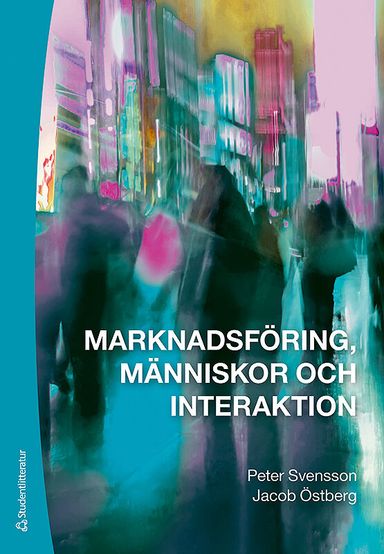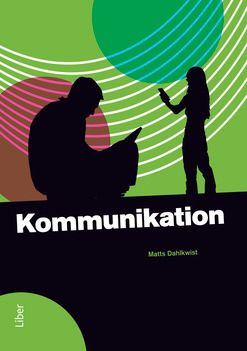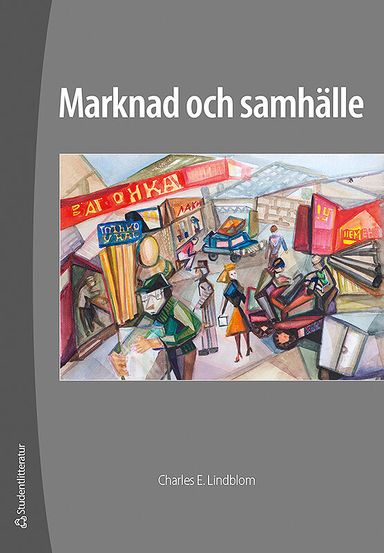

The terms of involvement : a study of attempts to reform civil society's role in public decision making in Sweden
- Utgiven: 2021
- ISBN: 9789177971658
- Sidor: 245 st
- Förlag: Stockholm University
- Format: Häftad
- Språk: Engelska
Om boken
The first two decades of the 21st century marked a transformative time for Swedish civil society. It was a period during which its status, function and relationship with the public sector were being questioned and renegotiated simultaneously by different interests and at different levels of government. This PhD-thesis investigates one particular aspect of these renegotiations: a series of attempts to reform Swedish civil society’s involvement in public decision making. Its starting point is an ambition to understand what drives public organisations to change their democratic practices, but also what might cause them to resist change. Using an interpretive research approach, the thesis examines the motives behind and the meaning of these reform attempts from the perspective of public servants and civil society representatives affected by them. To scholars and practitioners concerned with Swedish civil society, the thesis provides insights into some of the fallouts of this particularly eventful period in Swedish public sector-civil society relations. To institutionalist scholars of organisational analysis, it contributes a discussion about the micro-foundations of organisational behaviour. To governance researchers, the thesis provides a micro-level perspective on how governance reforms have been interpreted and put to practice in the Swedish public sector. This is a Doctoral Thesis in Political Science at Stockholm University, Sweden 2018. Stockholm Studies in Politics 172.
Åtkomstkoder och digitalt tilläggsmaterial garanteras inte med begagnade böcker
Mer om The terms of involvement : a study of attempts to reform civil society's role in public decision making in Sweden (2021)
I mars 2021 släpptes boken The terms of involvement : a study of attempts to reform civil society's role in public decision making in Sweden skriven av Karin Gavelin. Den är skriven på engelska och består av 245 sidor djupgående information om samhälle och politik. Förlaget bakom boken är Stockholm University.
Köp boken The terms of involvement : a study of attempts to reform civil society's role in public decision making in Sweden på Studentapan och spara pengar.
Tillhör kategorierna
Referera till The terms of involvement : a study of attempts to reform civil society's role in public decision making in Sweden
Harvard
Gavelin, K. (2021). The terms of involvement : a study of attempts to reform civil society’s role in public decision making in Sweden. Stockholm University.
Oxford
Gavelin, Karin, The terms of involvement : a study of attempts to reform civil society’s role in public decision making in Sweden (Stockholm University, 2021).
APA
Gavelin, K. (2021). The terms of involvement : a study of attempts to reform civil society’s role in public decision making in Sweden. Stockholm University.
Vancouver
Gavelin K. The terms of involvement : a study of attempts to reform civil society’s role in public decision making in Sweden. Stockholm University; 2021.



















